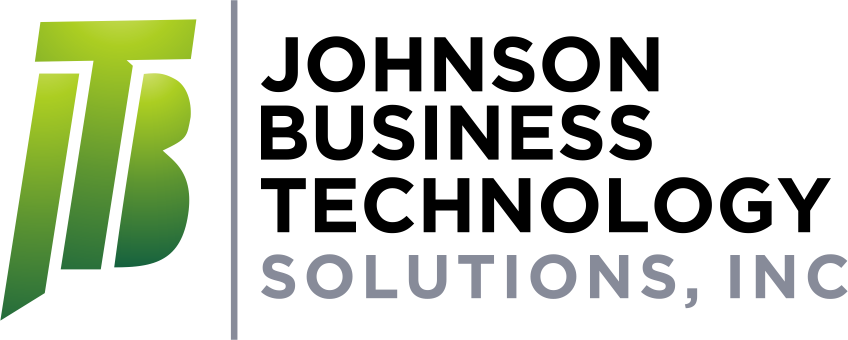July 14, 2025
Many small business owners mistakenly believe that regulatory compliance concerns only big corporations. In reality, as we move through 2025, this misconception couldn't be more outdated. With regulations tightening across industries, small businesses are now prime targets for compliance enforcement agencies.
Why Compliance Is Crucial Now More Than Ever
Key regulatory organizations such as the Department of Health and Human Services (HHS), Payment Card Industry Security Standards Council (PCI SSC), and the Federal Trade Commission (FTC) have sharpened their focus on protecting data and consumer privacy. Ignoring compliance isn't just a legal risk—it poses severe financial and reputational threats that can devastate small businesses.
Essential Regulations Impacting Small Businesses
1. HIPAA (Health Insurance Portability and Accountability Act)
If your business manages protected health information (PHI), HIPAA rules apply. Recent updates highlight:
●
Mandatory encryption for all electronic PHI.
●
Consistent risk assessments to detect and fix vulnerabilities.
●
Comprehensive employee training on data privacy and security standards.
●
Prepared incident response plans to handle data breaches swiftly.
Noncompliance can lead to steep fines. For example, in 2024, the HHS fined a small healthcare provider $1.5 million for failing to protect data adequately.
2. PCI DSS (Payment Card Industry Data Security Standard)
Businesses processing credit card transactions must comply with PCI DSS. Critical requirements include:
●
Secure storage of cardholder information.
●
Continuous network monitoring and vulnerability testing.
●
Deployment of firewalls and encryption technologies.
●
Strict access controls to limit data exposure.
Failure to comply can result in monthly fines ranging from $5,000 up to $100,000 depending on violation severity and duration.
3. FTC Safeguards Rule
Companies that collect consumer financial data must:
●
Create a formal information security plan.
●
Appoint a qualified security officer to manage safeguards.
●
Perform ongoing risk evaluations.
●
Adopt multifactor authentication (MFA) for enhanced security.
Violations can incur fines up to $100,000 per incident for businesses and $10,000 for responsible individuals. The risks are real!
Real Consequences of Ignoring Compliance
Consider a small medical practice hit by a ransomware attack due to outdated security. They faced a $250,000 fine from the HHS and suffered a massive loss of patient trust, which drastically reduced their clientele. Taking control of your data protection is non-negotiable!
How to Achieve Full Compliance
- Perform Thorough Risk Assessments: Continuously review your systems to find and fix security gaps.
- Deploy Strong Security Protocols: Utilize encryption, firewalls, and MFA to safeguard sensitive data.
- Educate Your Team: Make sure employees understand compliance rules and best practices.
- Establish an Incident Response Plan: Be ready with a detailed strategy to handle breaches effectively.
- Collaborate with Compliance Specialists: Work with experts who can navigate complex regulatory landscapes for you.
Act Now Before It's Too Late
Compliance is more than a legal duty—it's a vital pillar of your business's trustworthiness and sustainability. Overlooking these obligations can lead to crippling fines and irreversible harm to your brand's reputation.
Ready to Evaluate Your Compliance Status?
Take advantage of our FREE 15-Minute Discovery Call designed to uncover vulnerabilities and confirm your business aligns with all regulatory standards. Don't let compliance gaps threaten your success.
Click here or call us at 615-989-0000 to schedule your FREE 15-Minute Discovery Call today.





